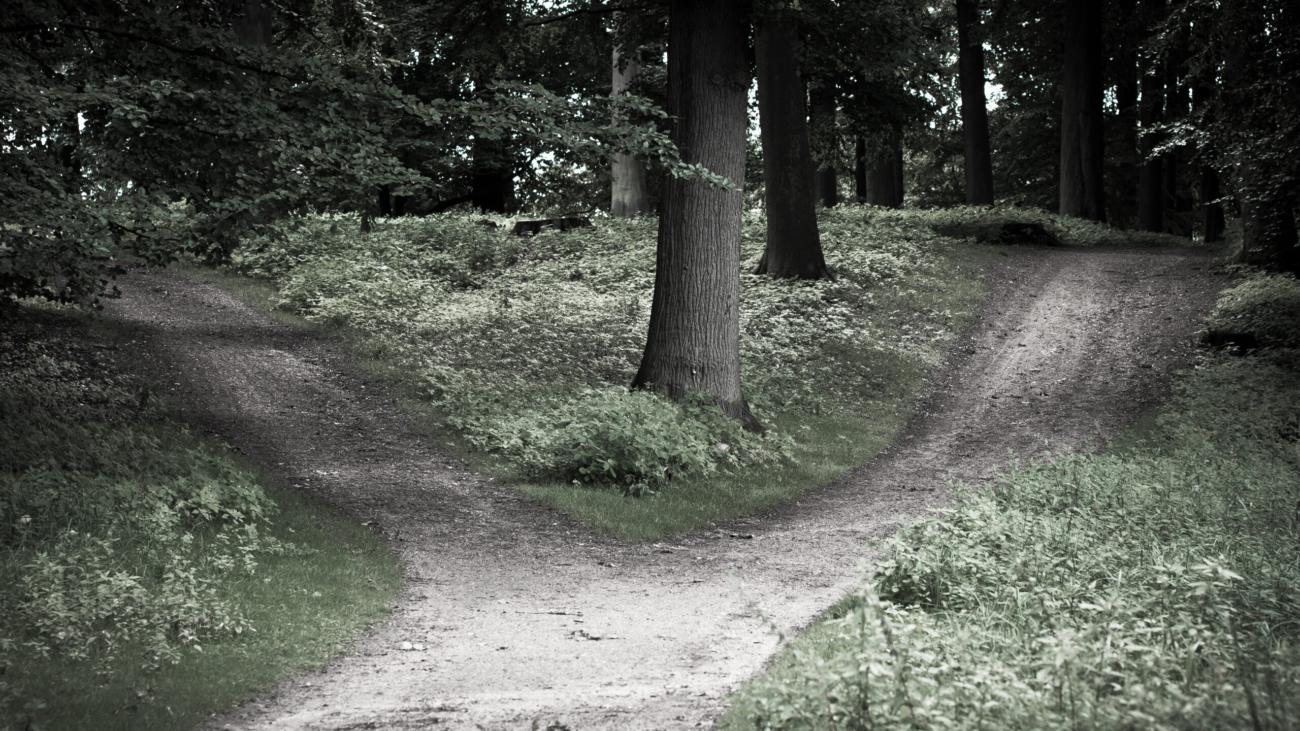The core of Thelemic spirituality is expressed in the Class A texts, the Holy Books of Thelema. These works represent in words Aleister Crowley’s encounter truth.
Of the Class A texts, the Book of the Law is the most important. It was revealed to Crowley by Aiwass, who describes himself in the text as the minister of Hoor-paar-kraat, the Egyptian god of silence. The Book of the Law is the speech of silence. (See OC on AL I.7) It issues from the unfathomable depth, not just of Aleister Crowley’s soul, but from any soul.
Crowley turned this revelation into a “religion”: a set of theories and practices the purpose of which is to “bind” someone to the truth embodied in those texts for the purpose of liberation. The Class B and the Class D texts and the rites and rituals of OTO (among others) serve this purpose.
There’s a certain fluidity and flexibility in that religious layer, even for Crowley. Even when it comes to an attainment as essential as the Knowledge and Conversation of one’s Holy Guardian Angel, he described it in “One Star in Sight” as “the Holy of Holies, whereof each man is his own High Priest, and none knoweth the Name of his brother’s God, or the Rite that invokes Him.”
It is possible to use spiritual practices Crowley himself did not use in order to interact with the truth in the Holy Books. For that matter, it is possible for a community to come up with their own rites and rituals to embody that spirit at the social level. But it would require one to have a fairly deep understanding—not just intellectual “know that” or even practical “know how”—to do it effectively. (To say nothing of intelligence and artistic ability.)
A lot of the post-Crowley Thelemic occultism strikes me not as attempts to change the religious expression so much as attempts to replace the truth with something else—which often but not always amounts to replacing Crowley with themselves. Most of these attempts are nerdier and creepier, and they often feel dated even as they’re coming out—they feel older than Crowley even if they were written well after. (“Notes of clove cigarette on flannel, I remember the 90s better than I want to.”)
I gave a lecture awhile back dealing with the spirit and the letter of Liber XV, the Gnostic Catholic Mass of OTO. That and the follow-up dealt with keeping external rite and ritual in contact with interior truth. While those lectures dealt specifically with Liber XV, nearly every point I made in them can be applied with equal force to what is now termed “occultism”. Magic is often opposed to religion, but they’re not actually that different, especially in this day and age. They’re outer ways of embodying and encountering inner truth. Magical ritual and esoteric symbolism can and do come out of contact with truth.
I think it’s more obvious when people get super-nerdy about symbolism (whether it be Freemasonry or tarot) that this is just the modern version of turning Thelema into a religion in the pejorative sense. But I also think undue emphasis on doing magical ritual can be as dead an observance as being a Sunday Christian. If you’ve been practicing Thelemic magick for over a decade and have never experienced the Knowledge and Conversation of your Holy Guardian Angel, are you sure what you’re doing is Thelemic? It may have all sorts of benefits, but how could it possibly be connected with the ecstasy that the Holy Books and commentaries tell us is the substance of truth? Those practices may be inspired by Crowley the man, but are they infused with the spirit of Thelema itself?
In “An Account of the A∴A∴,” Aleister Crowley, wearing the face of Isabelle de Steiger as a mask who in turn was wearing Karl Eckartshausen’s face as a mask, says:
The more the external worship of a people has remained united with the spirit of esoteric truth, the purer its religion; but the wider the difference between the symbolic letter and the invisible truth, the more imperfect has become the religion. Finally, it may be, the external form has entirely parted from its inner truth, so that ceremonial observances without soul or life have remained alone.
There are many ways to experience the truth of Thelema. Crowley gave us a few. That doesn’t mean that there can’t be others.
But every new way to the truth lying at the heart of Thelema is also potentially a new path that goes off to something else, be it the truth of another tradition or (more likely) nowhere at all.
Undiscerning crowds, in whose eyes the same thing and not the same is and is not, and all things travel in opposite directions!
Parmenides, fr. 6
Every work of truth can be put to the work of Dispersion. That’s just the nature of what Crowley calls “duality”. What people now refer to as “occultism” is not necessarily a departure from that—and in many cases is just the latest version of it.
